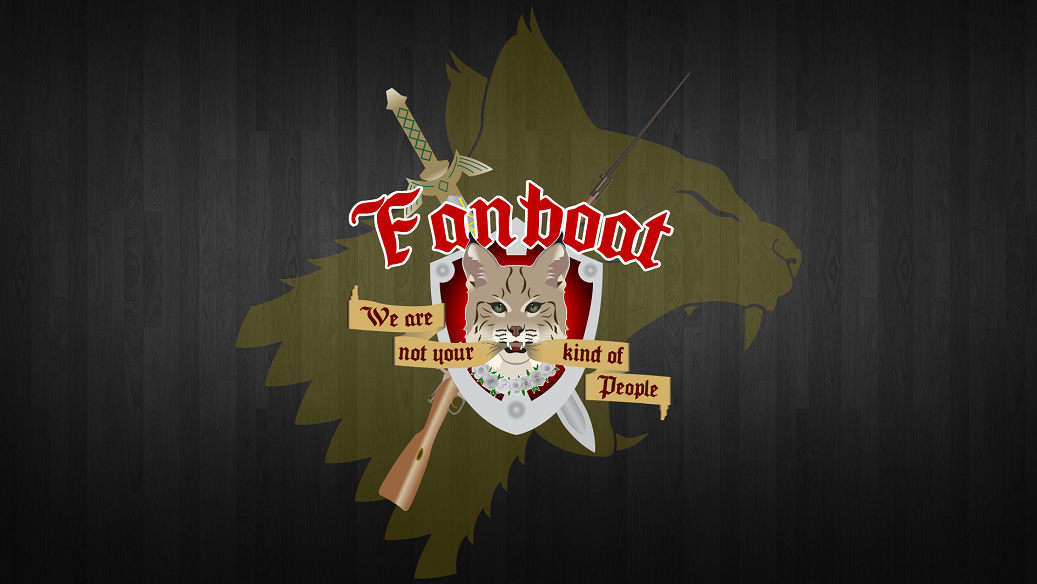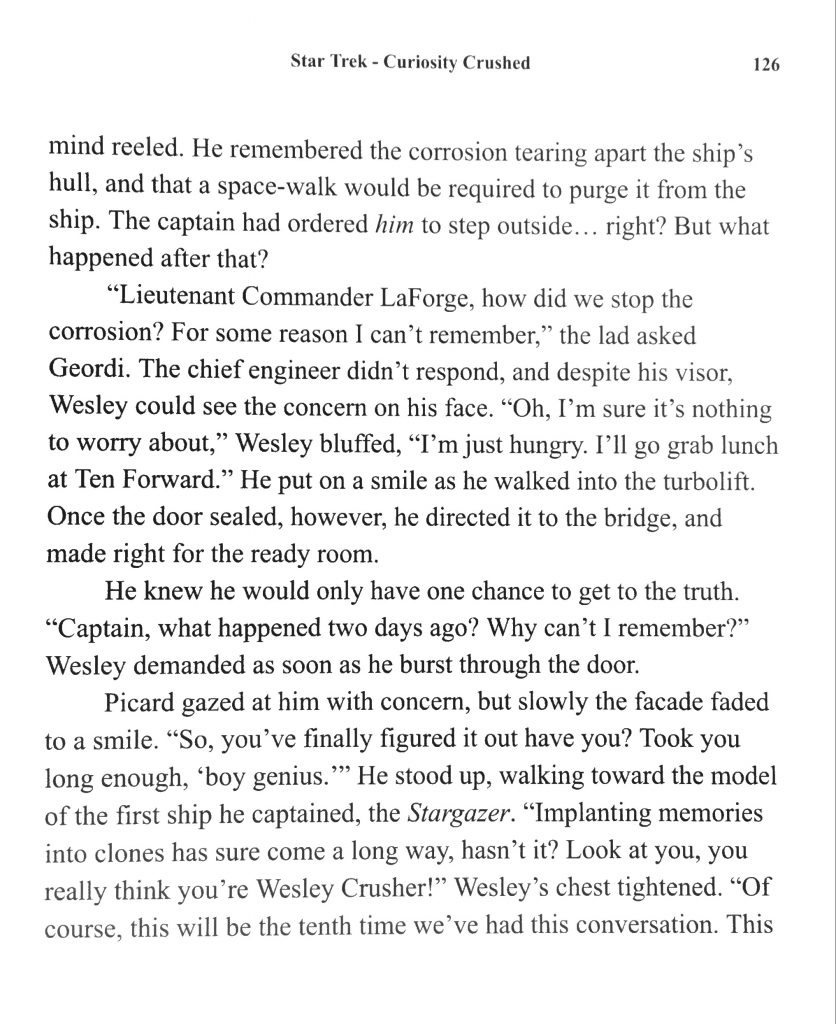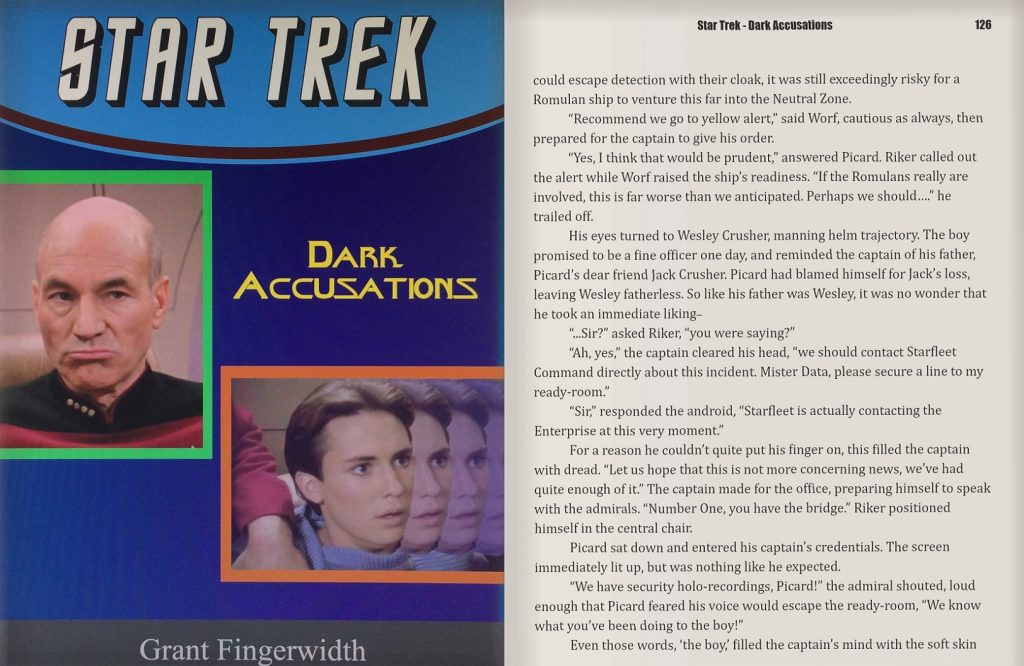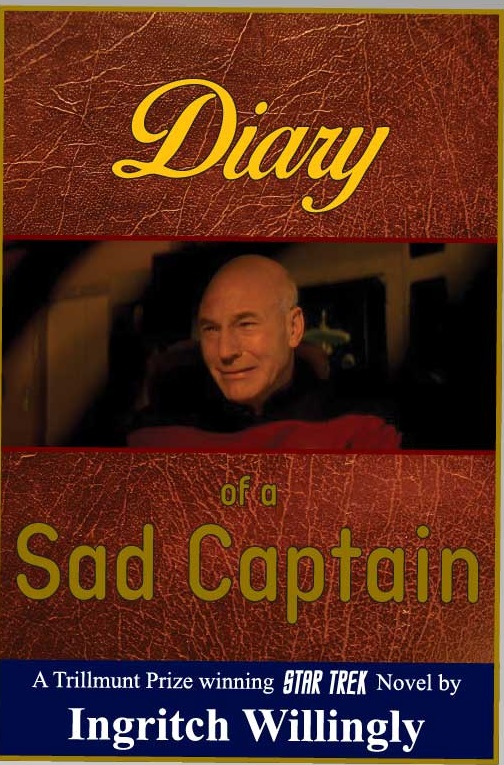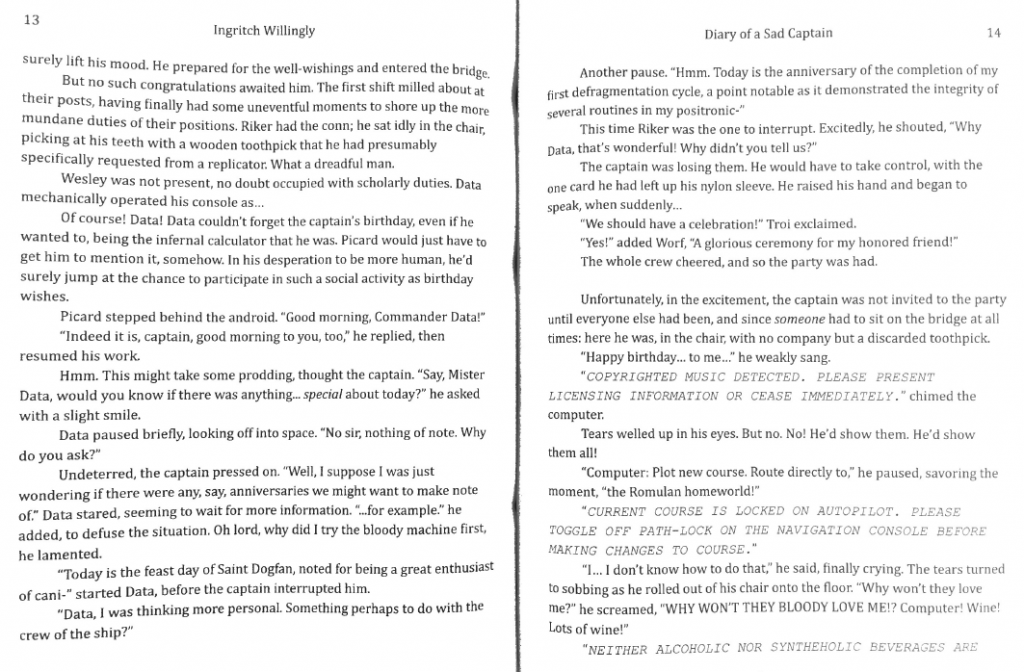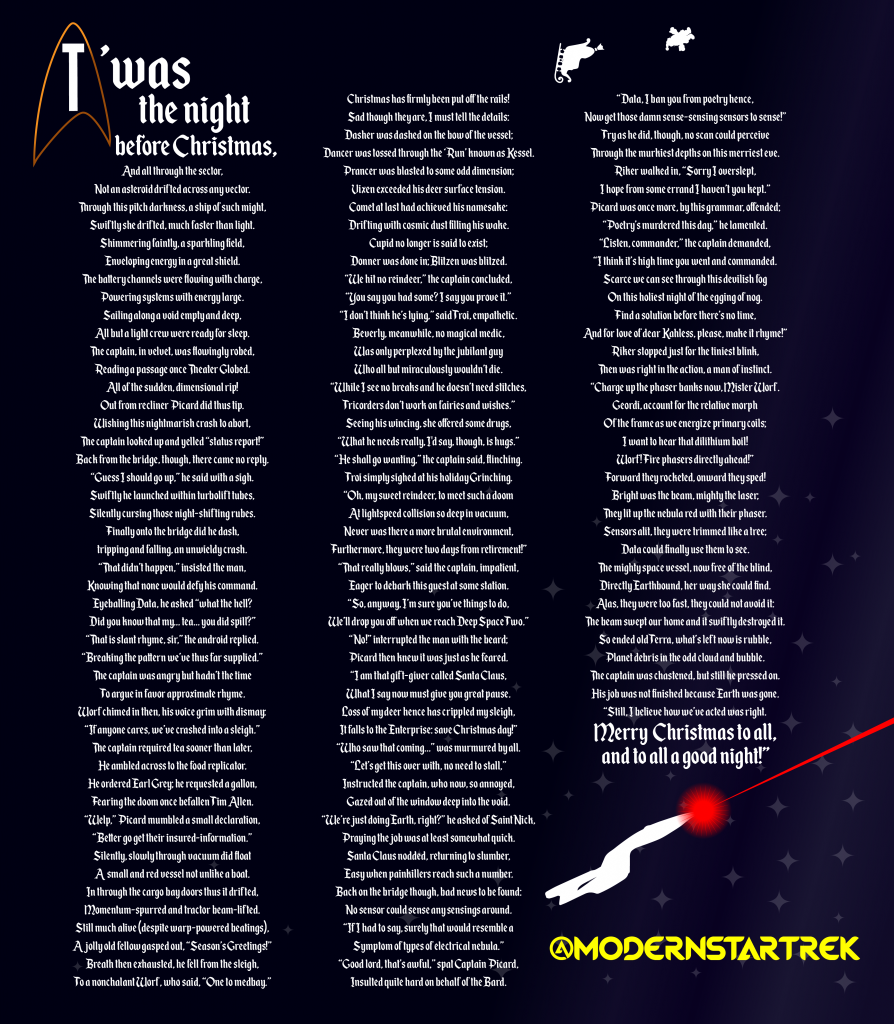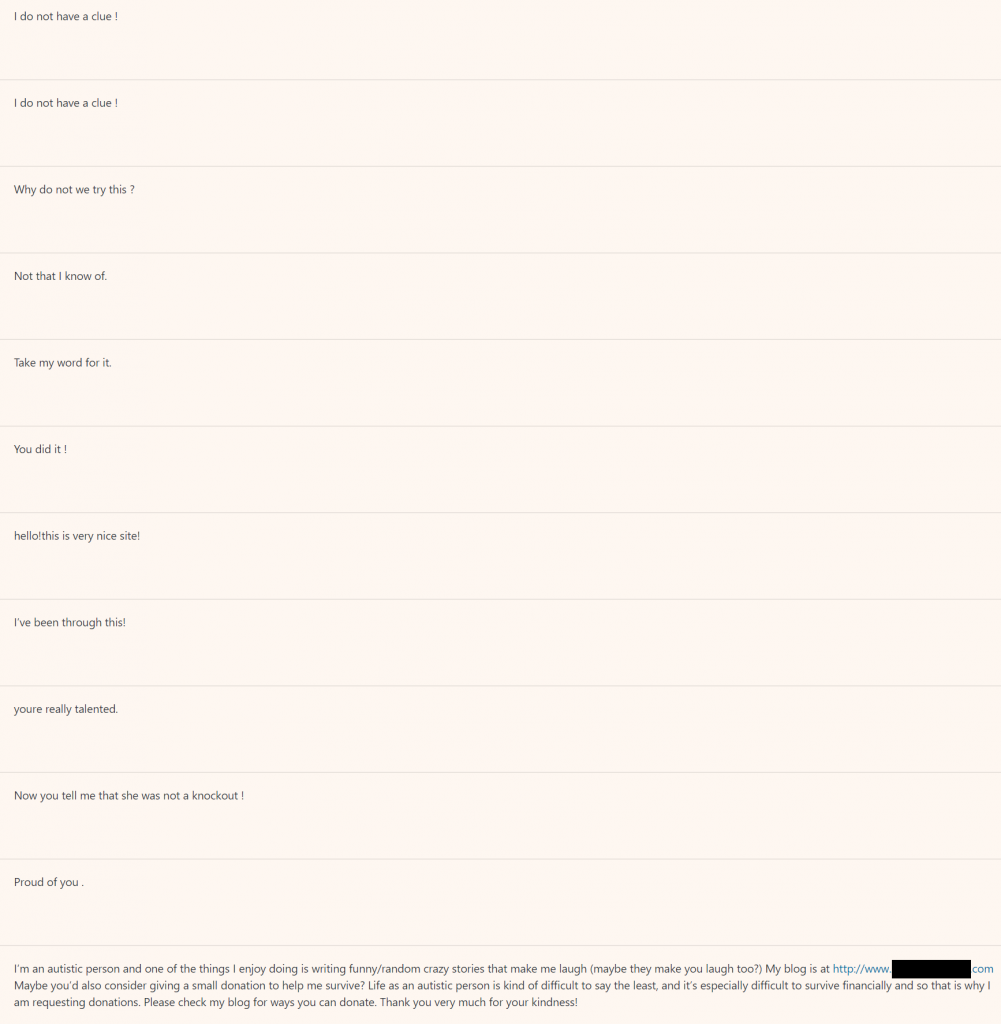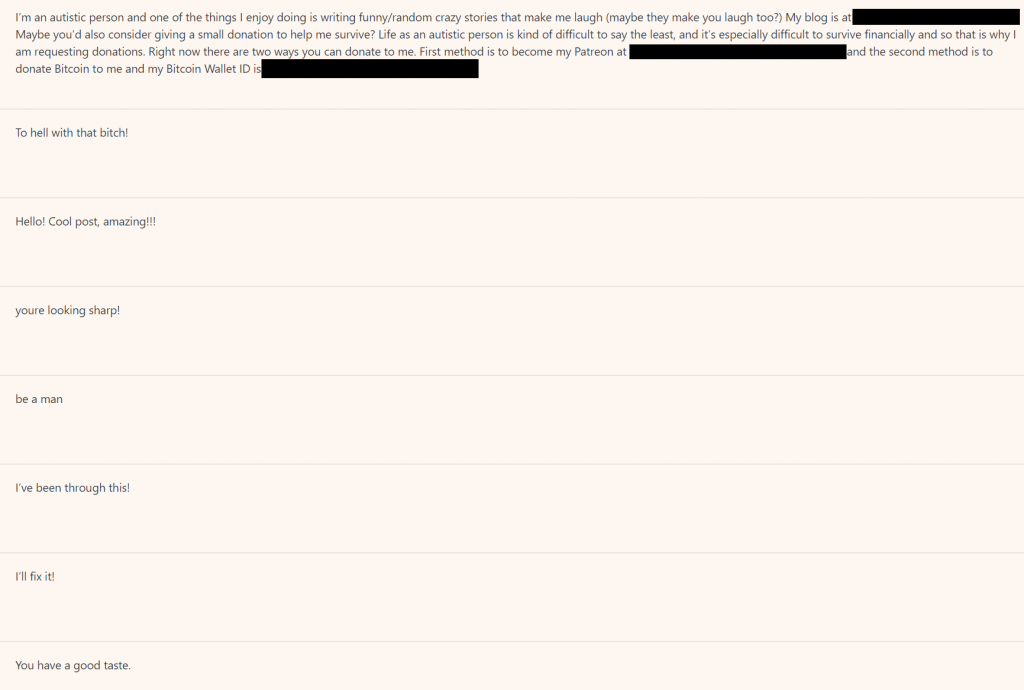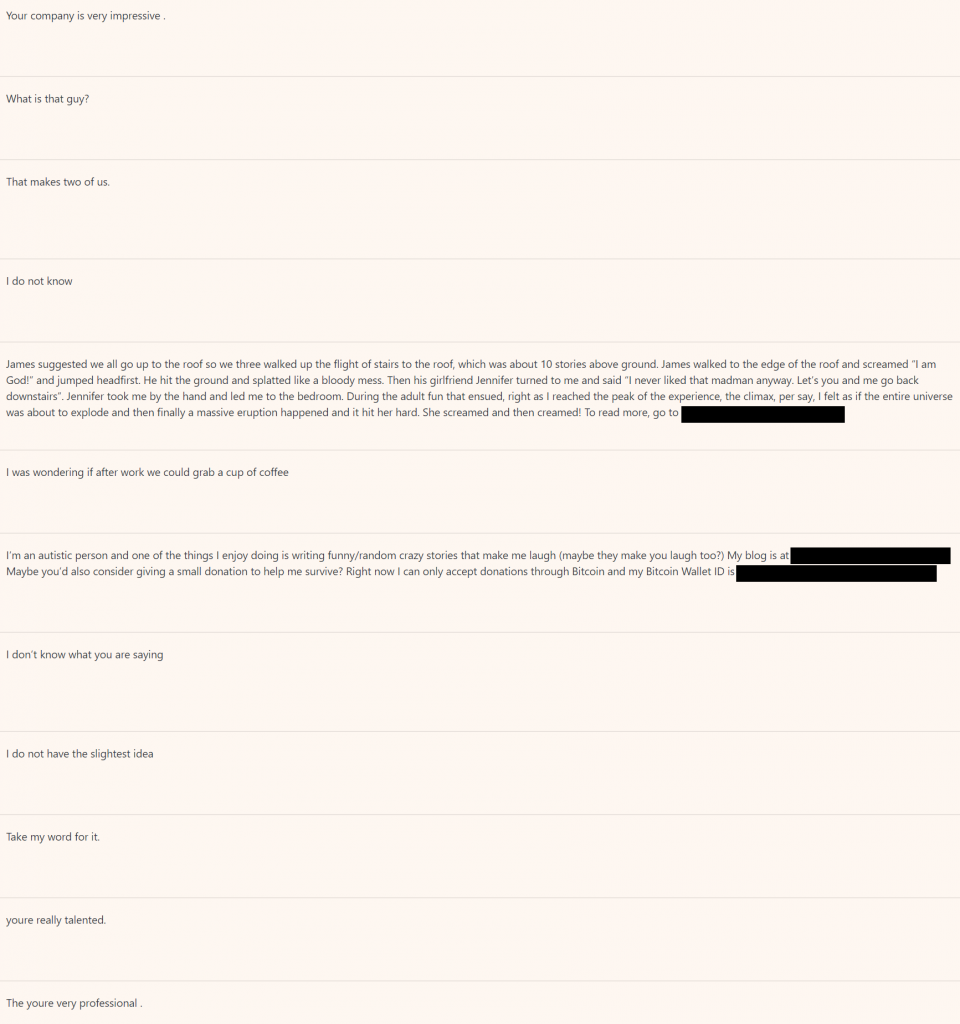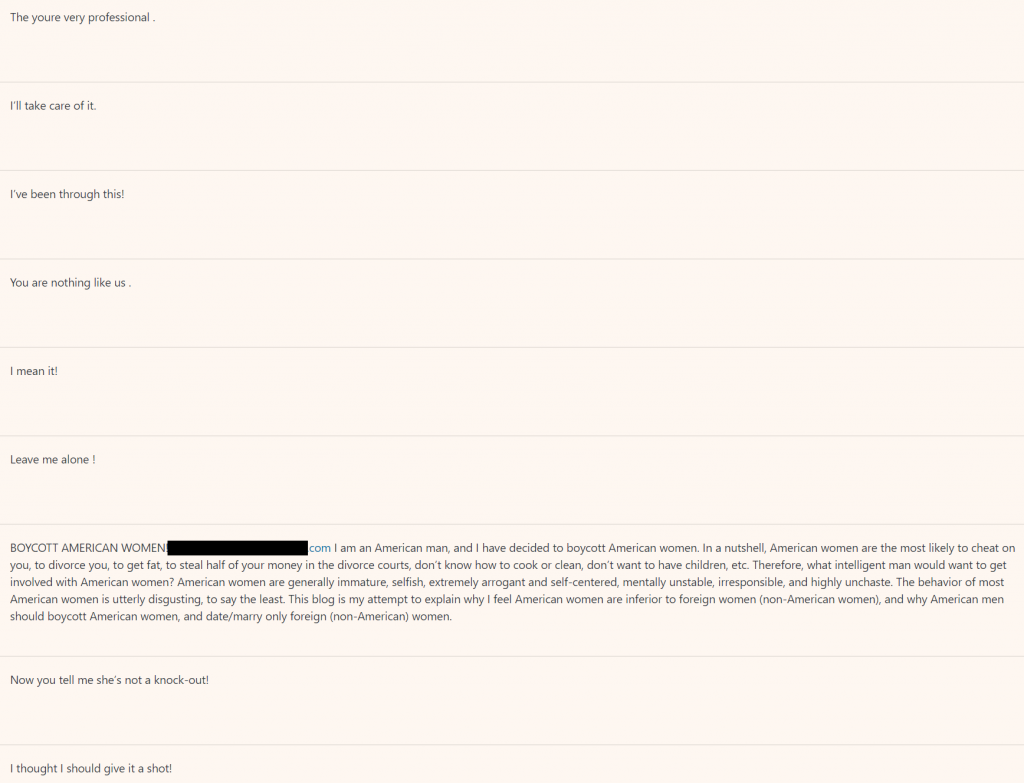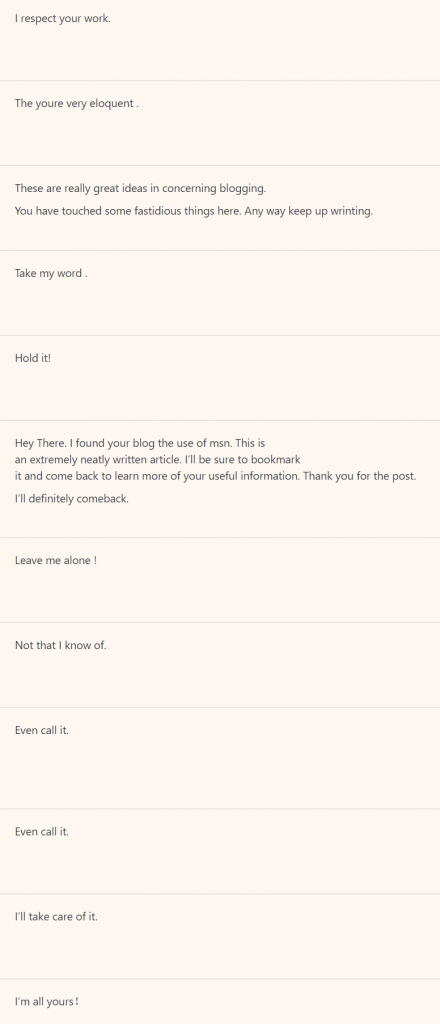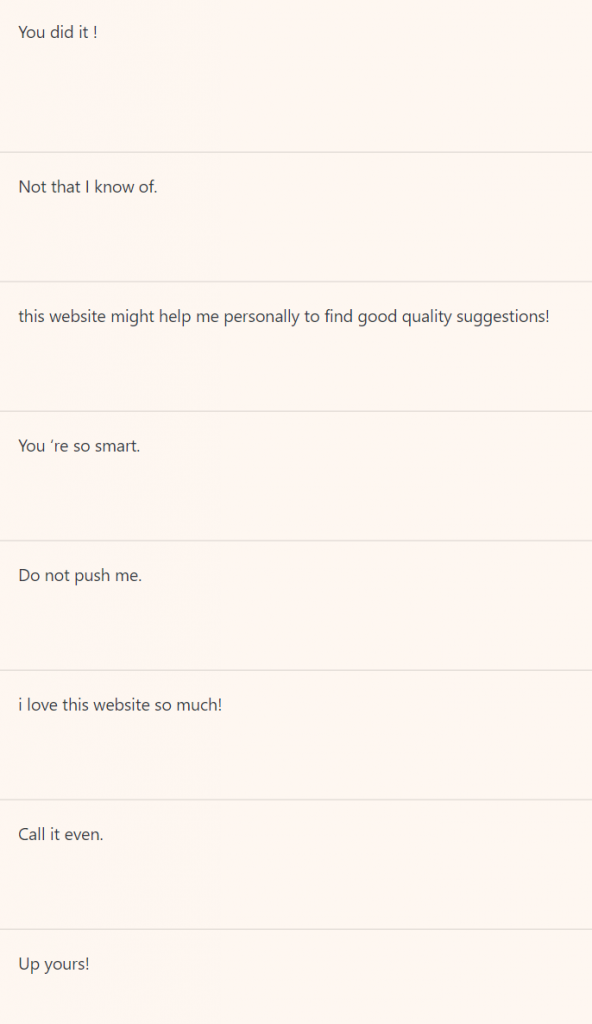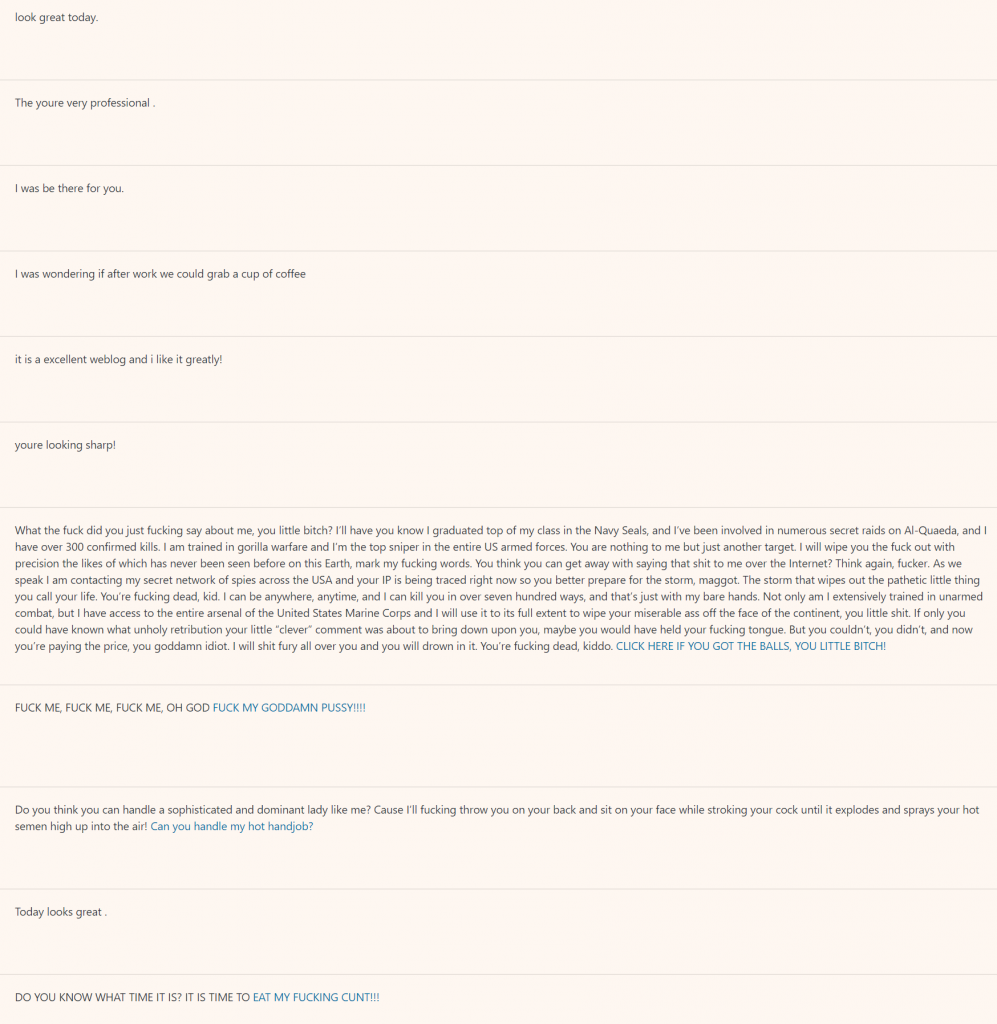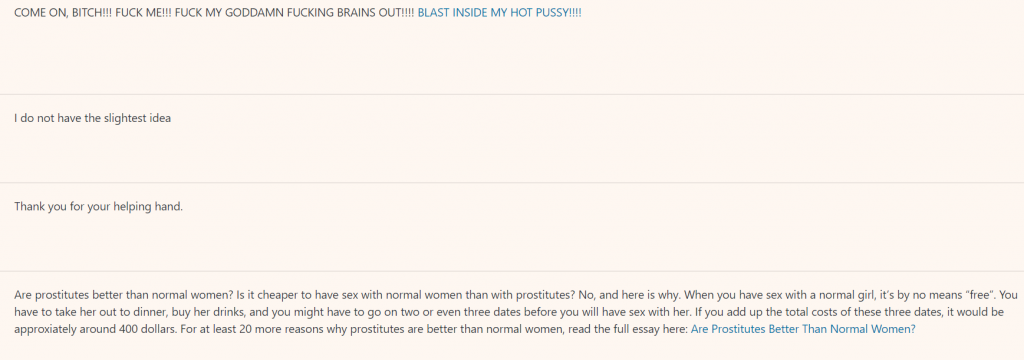The Geneva Convention
An excerpt from a post I made on reddit.
The Geneva Convention is a set of rules put together by a group of world leaders. These rules were put in place to regulate the practice of war. War arises for many reasons, but is ultimately a method of settling dispute. You do not take turns. You do not have time outs. The purpose of war is to murder enough people that the remainder either begins agreeing with you or is rendered incapable of or unwilling to disagree with you.
The concept of war, while not applauded, is not considered something that ought to be completely forbidden.
If a group, such as a nation, believes themselves to possess lands settled by another, or believes another group ought to be destroyed for having incompatible beliefs, they may do war to them. They will go to these other people and make them dead until they adhere to the belief system endorsed by the first party.
Once again, this is not considered something strictly bad.
If a group believes they are beholden to rules which they should not be, they will do war to those asserting these rules. They will go to these other people and make them dead until the rules are no longer in effect.
This, too, is considered the gist of war, and there is nothing outrageous about it.
However, there are times in war where a party might do things that another party does not approve of.
I will stress at this point that the act of going to another party and making this party dead until they comply with demands is NOT one of these things. Consent to being killed for something you disagree with is implied to always be… agreed with.
The world leaders (in the form of the Geneva Convention) established rules forbidding things they disagreed with.
I must now remind you that we have already established that ‘things disagreed with’ and ‘rules’ are both valid and accepted cause for going to a disagreeing party and making them dead until they agree.
These rules are rules you have to follow, even if you don’t agree with them.
Reminder: You don’t have to obey any rules if you are able to kill or repel the enforcers. Reminder: killing is okay.
If you fail to obey these rules, you will be subject to sanctions and trade embargoes.
Reminder: We are discussing the massive orchestration of enormous groups of strangers killing each other.
The reason for the rules is as such: no one wants to get killed in this specific way, why don’t we all just… not do it?
REMINDER: NO ONE WANTS TO GET KILLED IN THE OTHER WAYS EITHER.
This was all said and done while all parties agreed, though, that an attempt to use similar measures to prevent war would be infeasible.
The Geneva Convention is a set of rules on how to kill people right. It forbids really bad things. It endorses really bad things. It is a guidebook for mayhem. Instructions for orderly implementation of anarchy. It has purpose, it has sanity. It is a monument to the tremendous amounts of insanity humanity had to feel that writing it was necessary.
The fact that this is almost completely unappreciated in this thread terrifies me.
Star Trek Novel Excerpts
I’ve previously mentioned the Star Trek parody twitter account which I and a friend run; Some of the best work I’ve done for it have been these ‘excerpts’ from Star Trek licensed fiction. I thought I’d compile them here, in order from first to last, and in my opinion, weakest to best.
New Christmas Poem!
A Man’s Gotta Eat
I’m kind of a pinko commie nutjob. I can’t really call myself a communist or socialist or any of that; I’ve never read Marx or researched what was and what wasn’t real attempts at such philosophies in history (a capitalist will ridicule a communist for saying Soviet Russia “wasn’t real communism” but no one seems to mind that bailing out industries and financial institutions to save the economy “isn’t real capitalism,” nor were the elements that led to their failures), so it’s possible there are some essential parts of the parties or philosophies that I don’t click with. That said, I do believe that with the inevitable increase in automation, we don’t have a future that includes both capitalism and everyone eating. I think a future with everyone eating is possible, from a certain point of view it in fact requires a hell of an effort to avoid, but we’re putting the work in.
I’m just elaborating on all that to describe my general gripes with capitalism, I suppose. Like fossil fuels, it was an amazing tool and we couldn’t have gotten here without it, but I believe it has outlived its usefulness. Basically I’m kind of a pinko commie nutjob. The second thing about me is I’m kind of a video game fanboy. Less than I used to be in spirit, but thanks to more disposable income, I do find myself going for the collectors’ edition more often. I must admit, capitalism feels really good when you’re doing it. So as a vaguely anti-capitalist lover of collector’s items, I get really wound up about scalpers. If I want some special edition of something, I have to be ready online with my finger on the button or waiting outside a store for hours, and why? Because of the rarity compared to how many people want to have it? No. Because of the rarity compared to how many people want to buy it. I’m not competing primarily with other fans. I’m racing against someone who wants to buy it, turn around, and sell it to me ten seconds later for a few hundred bucks extra. What a service they have provided! Anyone who says capitalism allocates resources efficiently ought to have their teeth reallocated. Dammit. This is the exact kind of attitude I’m trying not to have.
The thing about capitalism is it’s not just an economic policy, it’s an ethical philosophy. It’s like utilitarianism, but the nebulous ‘happiness’ is replaced for the concrete dollar, and ‘greatest’ is replaced with ‘greatest for you.’ It’s not that it doesn’t make perfect sense: it’s an imperative baked into us by evolution. Evolution is determined by who survives, and who survives is often whomever takes without giving. A man’s gotta eat, right? And so a man’s gotta do his best to guarantee he eats, today and tomorrow and the next day. I truly believe that this, like fossil fuels, has run its course. We still have to eat, but each day we move further into an age where one man eating does not mean another man starving (other than extreme examples, I’m not sure it’s a common issue in hominid history anyway).
The ethical philosophy of capitalism claims it is wrong to devote any of your resources to external causes (define as you see fit. It is common, for example, not to consider one’s children ‘external,’ as per evolutionary guidance), unless you anticipate a greater return. If you have ever volunteered at a soup kitchen or donated to a shelter, you either expected a net gain for yourself, or you are frankly doing capitalism wrong.
All of this serves to basically contextualize my thoughts on a conversation I had recently. A few friends and I want to see Dave Chapelle, so we get in a group text to see who wants to go so we can try to get all the tickets at once. He’s a popular guy, they’ll probably sell out quick, and we want good tickets. One fellow says he doesn’t want to go, but he’s going to try to “buy the best seats and flip em” on his own. I eventually made a joke expressing my disapproval and another friend rationalized “A man’s gotta eat” to which I replied “That’s what I’ve been trying to tell people”.
It got me thinking about that phrase. That’s what this post is about, really, how it changes based on who is saying it. If you were of a capitalist persuasion, a sort of libertarian outlook, then you would look at a scalper and say “a man’s gotta eat” and mean that the scalper’s actions cannot be unethical because they are profitable. On the other hand, a more socialist individual could look at the same situation and say the same words as a disparagement of capitalism in general. Why should someone devote such effort to scalping, which is basically like pulling a magic, unavoidable, service-less toll bridge out of your pocket whenever you see people want to go somewhere, when it provides no utility to anyone barring giving me something to be angry about? Why should there be such absurd artificial conventions forged around pulling profit from someone you don’t know while offering no recompense except a fuck-you and a receipt?
Of the many existing socialist institutions in the United States, from healthcare to food stamps, the detractors of these policies argue that their capital should not be diverted to others because they haven’t ‘earned’ it. Of course I’ve shown that I don’t believe having money correlates with earning it in cases such as scalpers, but I think it extends beyond that. Does a man gotta eat, or does he not? The ethos of capitalism extends to this concept of ‘earning’ and ‘deserving,’ which concerns whether someone ought to get capital from someone else, most commonly demonstrated in the employer/employee relationship. If this is the crux of capitalism, then a man does not gotta eat, a man only does or does not deserve to eat and should act accordingly. A man does or does not deserve to eat depending on the capital he has, and the capital he has depends on whether he’s earned it, and so in a capitalism-as-ethics system, everything neatly works out to the poorest being the least good and the most financially stable being the most good. Nice and symmetrical, and it reinforces itself!
Now I don’t believe most people treat capitalism so religiously, but I do believe this exists as the basic judgmental heuristic with which an American would operate. For example, in a recent stackexchance post, and the reddit thread discussing it, a programmer asks if it is unethical for them to conceal the fact that they have automated their week’s worth of work into a couple hours. Now as a vaguely-socialist-whatever guy, I totally get that his effort would immediately be consumed by the employer and he’d get a new load of work to do, and that his contribution would not benefit him at all. I think it totally sucks to abuse your employees by leeching from them in this way; the fact is, though, it is the most virtuous of acts in the ethos of capitalism.
I’m going to take a brief aside here to mention that this employee says he goes out of his way to fudge the data to appear to be created by hand, working small errors in here and there. No doubt that will be automated soon as well. From my perspective, this clear deception is a nail in the coffin on the matter, but others still disagree with me. They say it is still ethical. The reason for this, I’ll get to, but I intend to focus on the dynamics involving capitalism and making a deal banking on the fact that the other party is uninformed, and not primarily the fact that this person is actively lying.
A big disconnect I found in the thread was between an act being described as ‘ethical’ and something less strict: the actor didn’t feel bad about it; it was acceptable, forgiveable; okay, even. A friend said, concerning reversing the situation so that they lost money, “Well yeah, it’s not about that I noticed, it’s about how much it actually affected me.” I completely understand how this is going to be the practical rule by which we run our lives, but the point I make, which I think is fair given the title of the post specifically asked about it, is about whether it is ethical or not. This is, I assure you, a different question. Otherwise the answer we’d arrive at is something like this:

I hope it’s self-evident the issues I have with a system in which you look at some act and say “This act is bad. I wonder if it is bad?” Yes, I’m afraid bad things are bad. Honestly, looking into this thread, there is a fair bit of “Yes, X is wrong, but that doesn’t mean you shouldn’t do it.” What meaning could ‘wrong,’ ‘bad,’ or ‘unethical’ even have in this case? To be clear, I don’t think all this stems from some kind of sociopathic hyper-relativist amorality, though it may well be the case for some of the commenters. It does show that there is a communication issue between those who consider ethics to be indistinguishable from attitudes about what decisions have already been made, rather than an attempt to define what one should do.
Commenters in the thread largely encourage him. The primary argument is that the company would do the same, so it’s okay:
Of course it’s okay to fuck someone else, they’d do the same in your shoes!
Why would they do that?
Well, because you’d do the same in their shoes.
Why would they assume that?
Well, they’d do the same in… their shoes.
Yes, of course, doing anything to anyone is always justified in any ethical system based on treating others in kind. Anything you do is by definition what they would do to you, because the fact that you’re doing it means you would do it to them, and they should therefore do it to you. Wow. Ethics is even easier than I thought! The problem with such tautological systems as this is that there is no primary motivator. Doing good is good, doing bad is good. So what should one do? If the very question ethics seeks to answer is fundamentally asked by your ethical system, it’s not actually an ethical system. It’s nothing.
Capitalism does give answers though, and it shines through in these comments. It is good for the employee to continue because it is profitable for them. It would be bad for them to reveal the truth because it would be unprofitable. The curious part here is the disdain the commenters exhibit concerning the employer. One commenter says “Your employer would screw you over in a second if it meant a bigger bonus for the CEO. You don’t owe them shit.” Why such negative language? It would be the same act: pursuit of profit. The employer would be a veritable saint to ‘screw someone over’ in this manner.
If your ethics say it’s okay for you to benefit at the expense of another, but the same act in reverse would not be true, you don’t have ethics. You have an operating philosophy which does not concern itself with ethics, only yourself. At least a capitalist would applaud being screwed over by a corporation, or at least not bemoan it. “A man’s gotta eat” is just a meaningless platitude in capitalism akin to pulling oneself up by one’s bootstraps. It’s not just untrue, it violates the reality.
My conclusion: if you’re unwilling to feed anyone, don’t say a man’s gotta eat. You don’t believe it.
The Kentucky Derby is Blurry and Spinning
I moved to Louisville in late September of last year, and while I’ve been to the Derby before, I’ve never done it as a citizen of Louisville, so when two close friends of mine wanted to participate in it I was excited to give it another go. Luke had recently read Hunter S. Thompson’s write-up about the Derby, “The Kentucky Derby is Decadent and Depraved,” and essentially wanted to relive Thompson’s day as much as possible. From my previous experience I knew that it wouldn’t live up to the madness that it had achieved almost fifty years ago, but we tried our best anyway. It was also very important that we have powdered eggs at Wagner’s for some reason, which we did, but I don’t think he ever told me why.
The day was largely spent circumnavigating Churchill Downs, hitting up Wagner’s, the Beer Depot, and a local VFW. At one point, picking litter up from the ground to deposit in a nearby trashcan, I found an almost full pack of cigarettes. I decided it was a stroke of luck, despite the fact that I don’t smoke myself. We stopped in a KFC parking lot while a few of our party (we had met up with some friends at Wagner’s) were told they needed to purchase something to use the restroom.
Luke had decided to commemorate the event by toting with him a book which he had signed by anyone and everyone who was willing. He had chosen “Breaking Cardinal Rules,” an exposé about the Louisville Cardinals’ basketball program providing its players with access to a prostitute, no doubt in the hopes of offending Louisville citizens loyal to their home team. It was in the KFC parking lot that he acquired the signature of a local vagrant and his long-clawed dog (he stamped his muddy paw print on the page).
The Derby itself was for the most part the least eventful part of our day. Having been drinking at a strong pace, I may just be forgetting the fun parts. Though it drizzled on occasion, it only really rained once and only for about five or ten minutes. My desire to place a bet for the tradition of it was not able to overcome the length of the lines, and I had failed to set up any online betting apps beforehand, and didn’t care to look up my routing number etc. at the event. The mint juleps were very good, though.
At one point my picture was taken by a photographer who I believe was focusing on my shirt, which bore my bobcat logo. This prompted me to offer them one of my business cards, and I proceeded to give a few more out throughout the day. If anyone is reading this now, there’s a good chance it’s because you decided to find out what was the deal with the guy handing out those business cards.
We stood under an awning to stay out of the brief bit of rain that did occur, where a security guard asked us to not stand in front of the door. The area which was in front of the door more or less matched exactly the area protected from the rain, and not wanting to be so inconvenienced one of our party told the guard that he didn’t want to move. Surprisingly, the conversation ended there. I wonder what poor motivation he had to ask us to move, when the counterargument of “I don’t feel like it” was enough to sway him to our perspective.
After the actual Derby race was run, we pretty much immediately began the process of leaving, as did most of the other hundred-some-odd-thousand attendees. Two of them in particular were especially keen on exiting and demonstrated this with a juggernaut-esque plowing motion which most affected people seemed to find a little on the rude side. Luke chased after them (in a much less offensive ninja-like weaving fashion), no doubt to politely catch them up on social courtesies, but was unable to catch the pair. We ambled the streets to our street-parked car.
Finally at the car we unloaded our Derby glasses and reacquired our jackets, since the cold was finally back and starting to get to us. We tried to summon an Uber or Lyft or both, but the apps either connected us with drivers who couldn’t get to us or told us to travel by foot to a pickup location, which seemed to strip the convenience and purpose from the app entirely. Passersby and local residents made sure multiple times each that we did not intend to drive ourselves anywhere. One of them, who claimed to be the guy from Godsmack, even offered to drive us himself. He showed me his driver’s license, as to confirm his identity, which was a bold move. Since I didn’t know the names of the members of Godsmack, it neither confirmed nor denied anything about his membership, but seemed to lend him authority anyway as it was an official document. I later looked up the names of the members on my phone, but having immediately forgotten his name, this didn’t provide any information either. I don’t think he was the guy from Godsmack. I don’t know, though.
We mingled a bit more from our positions draped across the car or supine on the nearby sidewalk and eventually gave up on getting a ride (being too polite to accept a ride from the guy who may have been from Godsmack), and slept in the car for five or so hours. Upon awakening we were no better equipped to drive than before, but were now able to summon a ride and found our way back to my apartment.
All in all I had a lot of fun, though I don’t think I’m going to make it an annual thing. If you’d like to read more about experiences at the Kentucky Derby, check out this article my cousin wrote, which is significantly better than mine.
Star Trek Twitter
A buddy and I started a twitter. It is somewhere between the best thing and the worst thing. Inclusive.
One for the Spambots
I get comments on this site every day. But only from terrible robots, so they get marked as spam. Some of them are pretty amusing though, so I will approve ALL comments on this post. Speak your piece, computer friends.
Edit: Since they refuse to comment on this post, perhaps due to the word spambot in the title, I shall display them here instead.
Wow. Except for some unsolicited advertisement, I can tell, I am really loved.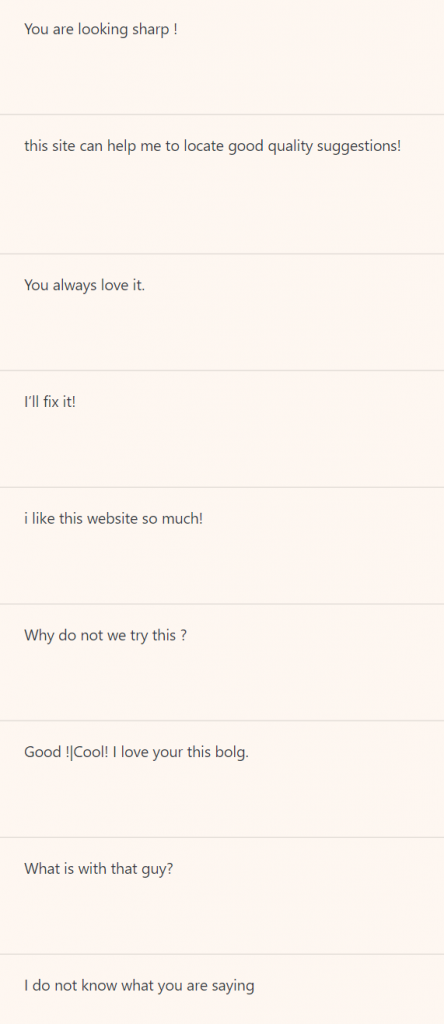
Well that’s fair, sometimes I ramble.
Hi, friend. Maybe just stick to smothering me with praise, eh?
Okay but seriously, I’m trying to grow my ego here.
Okay look, I’m trying to go get coffee with this new friend here and while your short story was somewhat intriguing, I’m kind of not finding a place for you in the comments.
Okay wow this guy
Alright, back to the basics, praising me as great.
Whoa buddy, I don’t think that was very nice.
Amazingly the navy seal copypasta was not just one of my friends messing with me. It links to a pornographic spam site. Weird.
Okay well this batch sucks.
Jonathan Coulton’s “Portal” Credits Songs as Break-up Songs
The Album Art for “You Wouldn’t Know.” Click to hear the songs being discussed.
The Portal series of games is one of my favorite pieces of media ever produced. People described the first game as a sleeper hit from the Orange Box, but the crazy physics dynamic made it the one I was looking forward to the most, and given the other titles that says a lot. One of the most celebrated parts of that game (which was amazingly lived-up-to by its sequel) was the ending theme song, “Still Alive.” Written by Jonathan Coulton and sung by Ellen McLain as GLaDOS, this and the sequel’s song “Want You Gone” are both permanent residents of my music collection. Some may not know that the game Lego Dimensions has a kit containing Chell, the Companion Cube, and a turret (physical Lego build kits. It’s worth getting even without the game itself!), which opens up a Portal 2-based Lego game segment featuring Wheatley, GLaDOS and the Aperture Labs Enrichment Center. Complete with original voice actors, it also features its own song, which, while not canon, I consider worthy of being placed alongside the others for a few reasons. It has all the marks of legitimacy including being endorsed and licensed by VALVe, written by JoCo, and performed by GLaDOS. But what really seals the deal is that it, like the other songs, is a break-up song.
When GLaDOS sings “Still Alive” at the end of Portal, it is certainly the end of a relationship. While she may not have a physical heart to rip out, she is physically destroyed and Chell (unsuccessfully) flees the facility. In Portal 2, Chell and GLaDOS mutually separate themselves from each other. The Lego Dimensions expansion basically follows the plot-structure of a portion of Portal 2 and doesn’t fit into any real timeline of the series, but is still pretty fun. It also ends with GLaDOS being (somewhat ambiguously) destroyed. There are basic parallels between GLaDOS and Chell’s relationship and a break-up, and I believe Coulton was focusing on these while writing the songs.
In “Still Alive,” GLaDOS spends a good portion of the song describing how the player murdered her. She says “…you broke my heart and killed me/And tore me to pieces/And threw every piece into a fire.” While being murdered is rough for anyone, it’s not usually described as having one’s heart broken, especially by a machine without a literal heart. It does, however, resemble how one might feel in a bad breakup. She claims she is happy with this outcome with her dry sarcasm. Then, sadly and quietly she tells Chell to “Go ahead and leave me/I think I prefer to stay inside/Maybe you’ll find someone else…” then quickly shifts to how great her own life is again, how she prefers things this way: “Anyway, this cake is great/It’s so delicious and moist/Look at me still talking when there’s science to do/When I look out there it makes me GLaD I’m not you.” She even says “I feel FANTASTIC and I’m still alive.” She then adds two more lines “While you’re dying I’ll be still alive/And when you’re dead I will be still alive.” Highlighting her own immortality is a point that comes up regularly.
It’s the song of someone who has been hurt badly but denies the permanence (or even existence) of the pain. The claim that Chell is inconsequential, was never cared about, is gone now, and has done nothing worth noting especially in the face of GLaDOS’s immortality is a coping mechanism to deflect the fact that there is permanence there.
The title of “Want You Gone” alone is an obvious flag. At the end of Portal 2, the resurrected GLaDOS chooses not to kill Chell and instead banishes her (sets her free) to an unknown future. GLaDOS states outright “I used to want you dead, but/Now I only want you gone.” Similar to “Still Alive,” but now in a healthier stage, GLaDOS acknowledges the emotions she had for Chell (at least the negative ones) and that she has dealt with them, making peace with the break-up. She makes two more references to her longevity in this song: “One day they woke me up/So I could live forever/It’s such a shame the same/will never happen to you” followed by “You’ve got your short, sad life left.”
Though in-game GLaDOS’s justification for letting Chell live is that killing her is ‘hard,’ and that the easiest solutions are often the best ones, the fact is GLaDOS doesn’t spend much effort killing Chell. The incineration sequence towards the end of Portal, the ‘boss battle’ at the end, and some turret traps in between are the only instances where she is more inclined to kill Chell than to use her for testing. The first instance being somewhat poorly orchestrated (the incineration chamber was likely not designed to kill people but to rather process waste), the second is the only real ‘fight.’ GLaDOS is ill-prepared to kill Chell even then, having only a slow-acting neurotoxin and a single, relatively ineffective rocket-launcher at her disposal (the launcher itself is automated and GLaDOS is apparently unable to manually control or even activate it). All in all, I don’t buy GLaDOS’s argument that killing Chell is hard. GLaDOS never put her full effort into it except in one situation where she was, firstly, fighting for her own life, and secondly, severely hampered. It would be trivial to destroy Chell in any other circumstance, especially while she is sealed in the elevator as GLaDOS explains that she is hard to kill.
GLaDOS lets Chell live because she doesn’t want to kill her. The final chorus of “Want You Gone” tells Chell “Go make some new disaster/That’s what I’m counting on/You’re someone else’s problem/Now I only want you gone.” It’s almost something you’d tearfully say to an animal you’re returning to the wild. GLaDOS knows that she and Chell don’t have a positive relationship in the Enrichment Center, but even as she releases her she seems to be wishing her well, telling her to find a new purpose.
Finally, “You Wouldn’t Know” comes from the non-canon Lego Dimensions game, but as I have stated, fits well among the other two songs. The beginning seems to describe how well GLaDOS has been doing without Chell around to destroy her regularly: “Everything clean, nothing on fire/All by myself, finally.” She quickly goes on to say “It feels so strange not to hate you anymore.” This line perfectly lines up with the progression from the previous songs. In “Still Alive” she is in denial, in “Want You Gone” she acknowledges her feelings, and now she has dealt with them. As with a romantic break-up, however, this does not mean that the love nor the pain is gone, just that it has been processed. She says “I’m fine, just in case you think I’m not.” She remarks that she understands why Chell will not return to her in the future in a regretful tone, despite her claims that she ‘forgives’ her.
She goes on to say that Chell will regret leaving. GLaDOS has baked a real cake “yes it’s real – a cake I made,” reflecting a running gag in the series based on the popular ‘lie’ from Portal. She concludes “Too bad you let it get so out of hand/How much we had, finally I understand/But you wouldn’t know, would you?” The segment “how much we had” speaks the strongest, GLaDOS believes that she and Chell had something wonderful and Chell wantonly destroyed it as she rejected GLaDOS. GLaDOS may see this as a professional relationship, a personal friendship (Caroline in Portal 2 directly showed GLaDOS’s human side), or even little more than a tester/lab-rat relationship (in Portal 2 GLaDOS explains how her position as lab administrator gives her euphoric feedback for testing, and even says this was not her primary motivation as she was always “in it for the science”), but it was definitely something she believed worth having.
From Chell’s perspective, this would all probably seem insane. Chell was, from the beginning, a prisoner. Through the course of the games she does little besides surviving and escaping. The idea that she and GLaDOS had any kind of partnership would be laughable. But GLaDOS is a character who sees things her own way, and she would probably not realize Chell’s perspective without significant persuasion. She believes she has been foolishly rejected by Chell, and works through this emotionally over the course of the series. While it’s hard to say she “just needs a hug” or something like that, I personally find her to be a tragically sympathetic character.
But maybe that’s just me.
